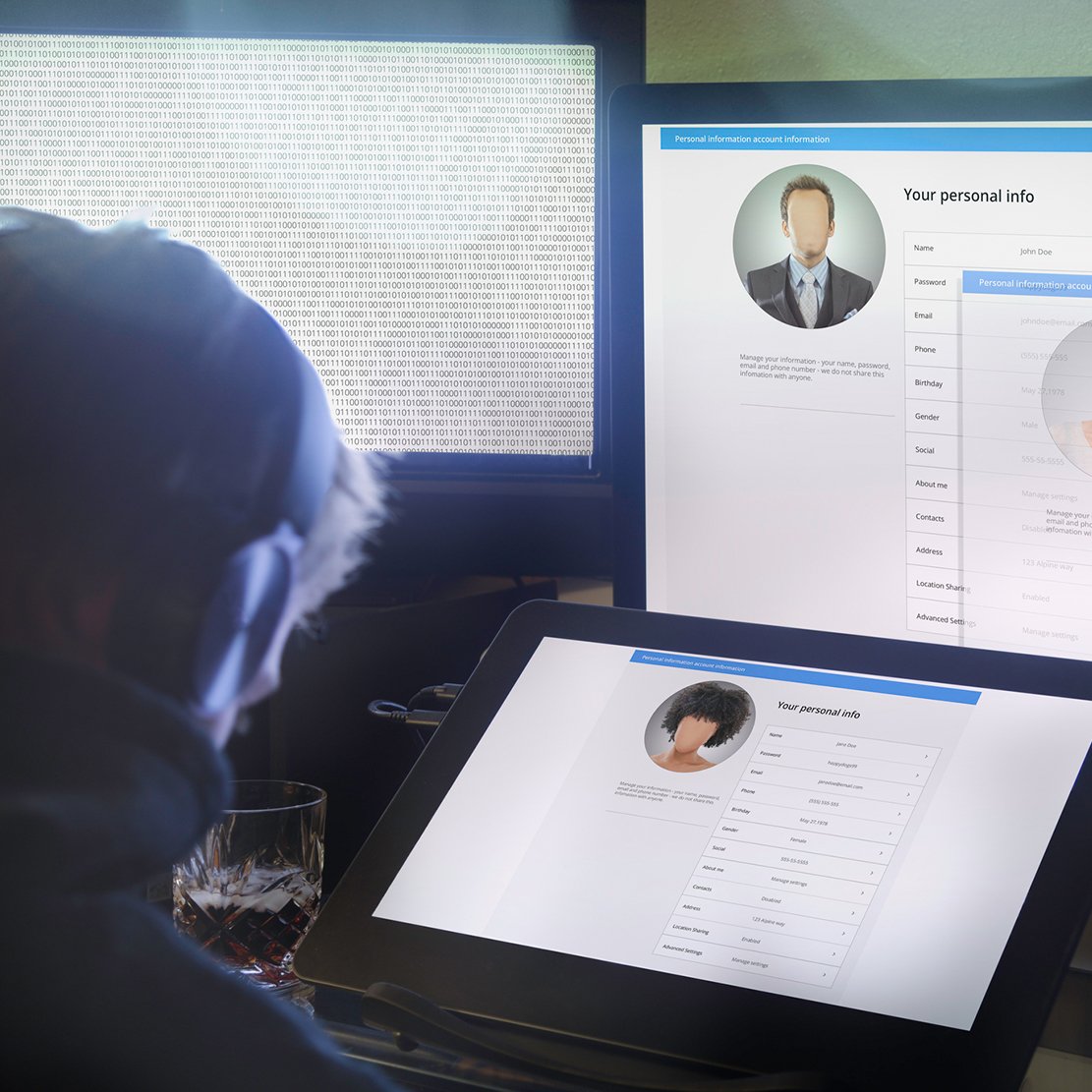Preventing fraud
Keep your accounts secure.
Here are some tips that can help prevent you from falling victim to fraud.
We rely a lot on technology to protect us; however, it is still everyone’s personal responsibility to use their technology safely and keep up to date with industry trends to further protect themselves.
Choose passwords that are at least 8 characters, and contain numbers, lower and upper case letters, and special characters. Your password is more secure the longer it is. Do not use the same password between websites, especially sites that contain financial information such as online banking.
Ensure you are running anti-virus software and keeping it up to date to protect yourself from viruses and malware that can steal personal information, send spam, and commit fraud.
Make sure your devices (computers, tablets, phones) are up to date with the most recent recommended patches. This includes applying patches for web browsers, office suites, and associated applications such as Adobe products and Java. Missing patches are the easiest way someone can compromise your computer system.
Avoid performing any kind of Online Banking or Mobile Banking transaction over open Wi-Fi connections, as it is much easier for information to be stolen or compromised. It is much safer to use your cellular connection for these types of transactions. In addition, consider using a reputable personal VPN service on your mobile device.
If you have a laptop, it is essential to use a personal firewall to protect yourself and your data while on the go and connecting to networks other than your home or work. Personal firewalls are also highly recommended for desktop PCs, but they are essential for laptops. Both Microsoft Windows and Mac OS have a firewall built in. To verify these settings on a Windows computer, go to Control Panel and on a Mac, go to System Preferences and click on Security and Privacy. For mobile devices, consider using a reputable personal VPN service.
Backing up information on your PC regularly is highly recommended so you do not lose important information. This includes backing up the data on your mobile device, such as photos and contacts. This protects you from multiple threats, including hardware failure.
Control physical access to your computer or mobile device to prevent unauthorized access to your online accounts, and prevent the possibility of malicious software, such as key loggers or tracking software from being installed by other people. Use a password to lock your computer or mobile device and make sure to lock it when away.





